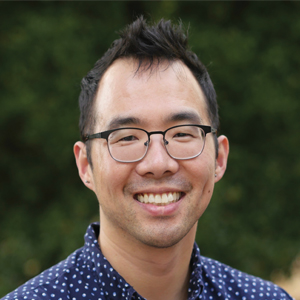Increasing diversity to improve health care — for all of us
Diversity is at the core of the National Institutes of Health's All of Us Research Program.
The program aims to gather medical records, survey responses and DNA samples from one million or more individuals of different races, ethnicities, ages and geographic regions. Researchers will be able to use this large body of data to identify how biological, lifestyle and environmental factors impact human health.
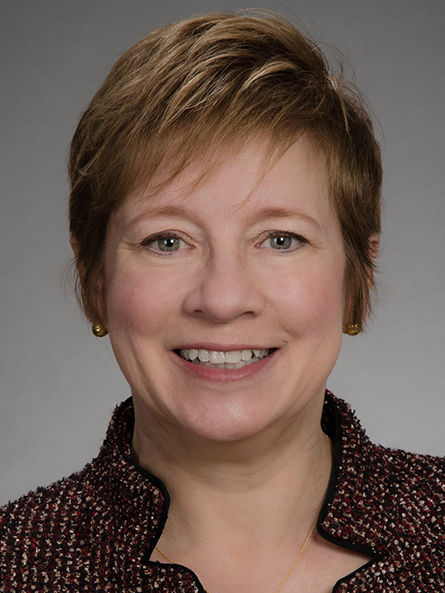
All of Us began through the formation of a precision medicine working group in 2015. After a period of infrastructure development and testing, the program opened enrollment across the United States in 2018. Since then, more than 270,000 participants have provided biosamples —such as blood, urine and saliva — carrying genetic information.
Gail Jarvik, a medical geneticist at the University of Washington, is a coleader of the Northwest Genomics Center, one of the three All of Us genome centers. She and her colleagues Deborah Nickerson and Evan Eichler are spearheading efforts to sequence participants' samples and return information about their DNA. The other two All of Us genome centers are partnerships led by Baylor College of Medicine and the Broad Institute.
All of Us "has had a focus from the start on enrollment of diverse populations," Jarvik said, "with the recognition that those populations are underserved in medicine, and in particular, in genomics."
Genetic data, such as whether an individual has a specific version of a gene, can provide valuable insight into a person's health. Certain versions of the BRCA1 and BRACA2 genes, for example, can indicate people with a higher risk of developing certain cancers, such as breast and ovarian cancer. Polygenic risk scores go a step further, combining details about multiple genes to predict the risk of an individual developing a disease. These scores, however, have generally been developed based on populations of European ancestry, Jarvik said.
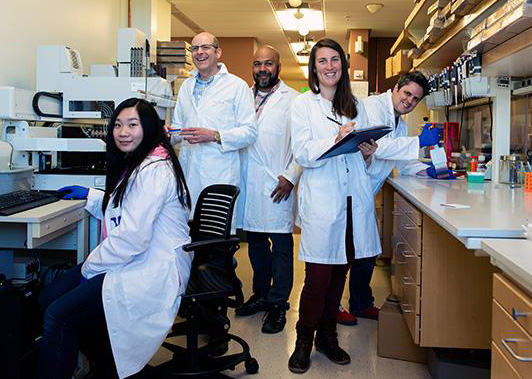
Ashley Kang, Jeff Weiss, Marcus Annable, Alison Schiele and Matt Richardson.
The larger, more diverse data set being developed through All of Us could be used to make new and improved predictions of health risks for people of other ancestry groups. For example, there may be versions of genes more common in people of non-European ancestry that haven't been studied yet. Additionally, by including electronic medical records and information about lifestyle factors, the new data set will help researchers better understand health outcomes for people of many different backgrounds.
Anastasia Wise is the NIH program officer for the Genetic Counseling Resource with the All of Us Research Program.
"We're really trying to reflect the diversity of the United States," Wise said. So far, more than 80% of the contributed biosamples are from members of underrepresented communities. In addition to racial and ethnic minorities, this includes individuals from other groups that typically haven't been part of research, such as sexual and gender minorities and members of low-income households.
The All of Us Research Program encourages inclusion in a number of ways, including the use of imagery that reflects diverse communities and preparation of information in multiple languages. The program also has national community engagement partners that increase public awareness and encourage participation by members of underrepresented groups. One of these organizations is the Delta Research and Educational Foundation. Based in Washington, D.C., the DREF promotes research on issues affecting African American women and their families.
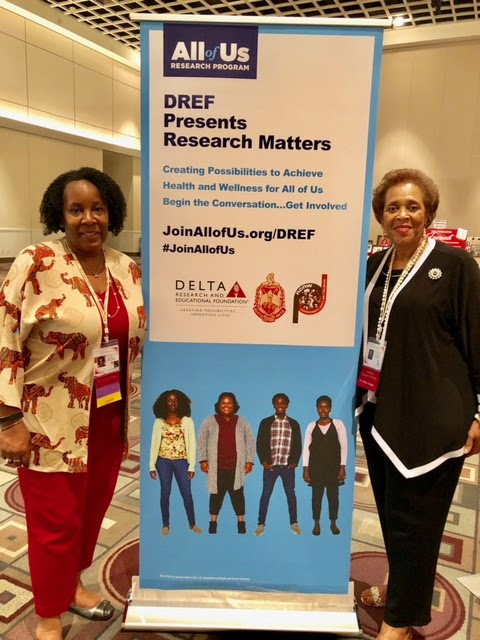
"The All of Us Research Program offers a vital opportunity to increase the number of African American participants in biomedical research and lead a path towards closing the health disparity gap," DREF President Carolyn Lewis stated in a press release.
Regina Locust, the DREF Research Matters program manager, has planned and presented events that engage with African Americans and inform them about science research. Initially, these events were in-person and of all sizes, from book clubs and fellowship groups to the Essence Festival and national conventions. The COVID-19 pandemic has forced a shift to a virtual format.
"When we interact with minority communities, we engage in everyday conversations," Locust said, without unfamiliar acronyms or complicated terminology. These conversations then can lead to dialogue about precision medicine and the All of Us Research Program. For example, talking about depression can lead to a discussion about how lifestyle, behavior and environmental factors affect an individual's health. "That's how we then tie in the importance of understanding and participating in research," Locust said.
In addition to providing valuable data for research purposes, participants can decide if they want to receive details about their genetic ancestry and traits. In November, All of Us began returning genetic results to participants.
"Our participants are really partners in the research," Wise said. The program developed an informed consent process, allowing participants to choose the results they want to get. At this stage, participants are receiving information about their genetic ancestry as well as several genes linked to traits such as earwax type and cilantro preference. The program plans to provide participants with health-related information in the future.
All of Us also plans to begin making genetic data that's stripped of personal details available to researchers in about a year. Broadening the data that's available to researchers hopefully will accelerate research discoveries, making healthcare more useful for all, Wise said.
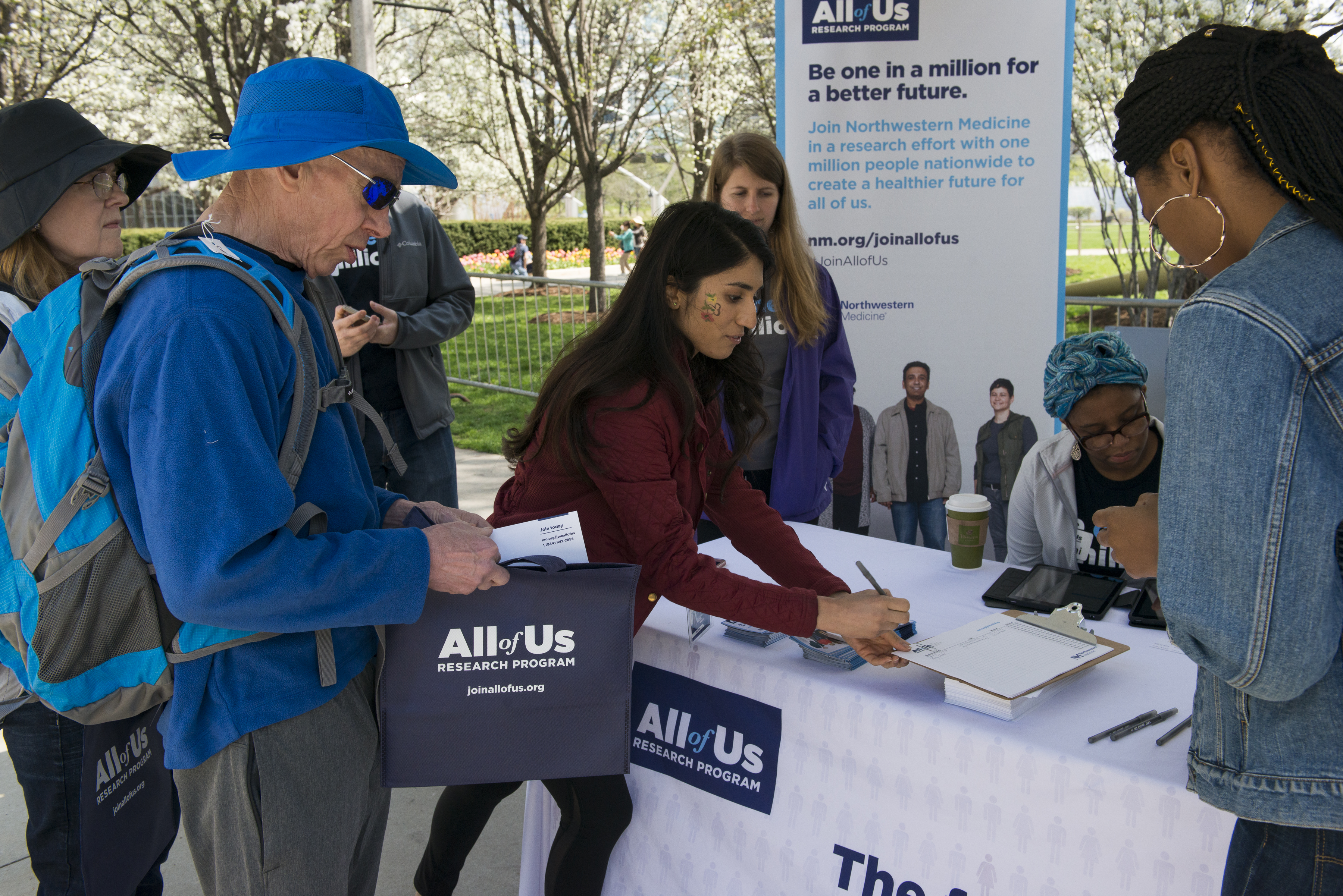
Enjoy reading ASBMB Today?
Become a member to receive the print edition four times a year and the digital edition monthly.
Learn moreGet the latest from ASBMB Today
Enter your email address, and we’ll send you a weekly email with recent articles, interviews and more.
Latest in Science
Science highlights or most popular articles

Defining JNKs: Targets for drug discovery
Roger Davis will receive the Bert and Natalie Vallee Award in Biomedical Science at the ASBMB Annual Meeting, March 7–10, just outside of Washington, D.C.

Building better tools to decipher the lipidome
Chemical engineer–turned–biophysicist Matthew Mitsche uses curiosity, coding and creativity to tackle lipid biology, uncovering PNPLA3’s role in fatty liver disease and advancing mass spectrometry tools for studying complex lipid systems.

Redefining lipid biology from droplets to ferroptosis
James Olzmann will receive the ASBMB Avanti Award in Lipids at the ASBMB Annual Meeting, March 7–10, just outside of Washington, D.C.

Women’s health cannot leave rare diseases behind
A physician living with lymphangioleiomyomatosis and a basic scientist explain why patient-driven, trial-ready research is essential to turning momentum into meaningful progress.

Life in four dimensions: When biology outpaces the brain
Nobel laureate Eric Betzig will discuss his research on information transfer in biology from proteins to organisms at the 2026 ASBMB Annual Meeting.

Fasting, fat and the molecular switches that keep us alive
Nutritional biochemist and JLR AE Sander Kersten has spent decades uncovering how the body adapts to fasting. His discoveries on lipid metabolism and gene regulation reveal how our ancient survival mechanisms may hold keys to modern metabolic health.

